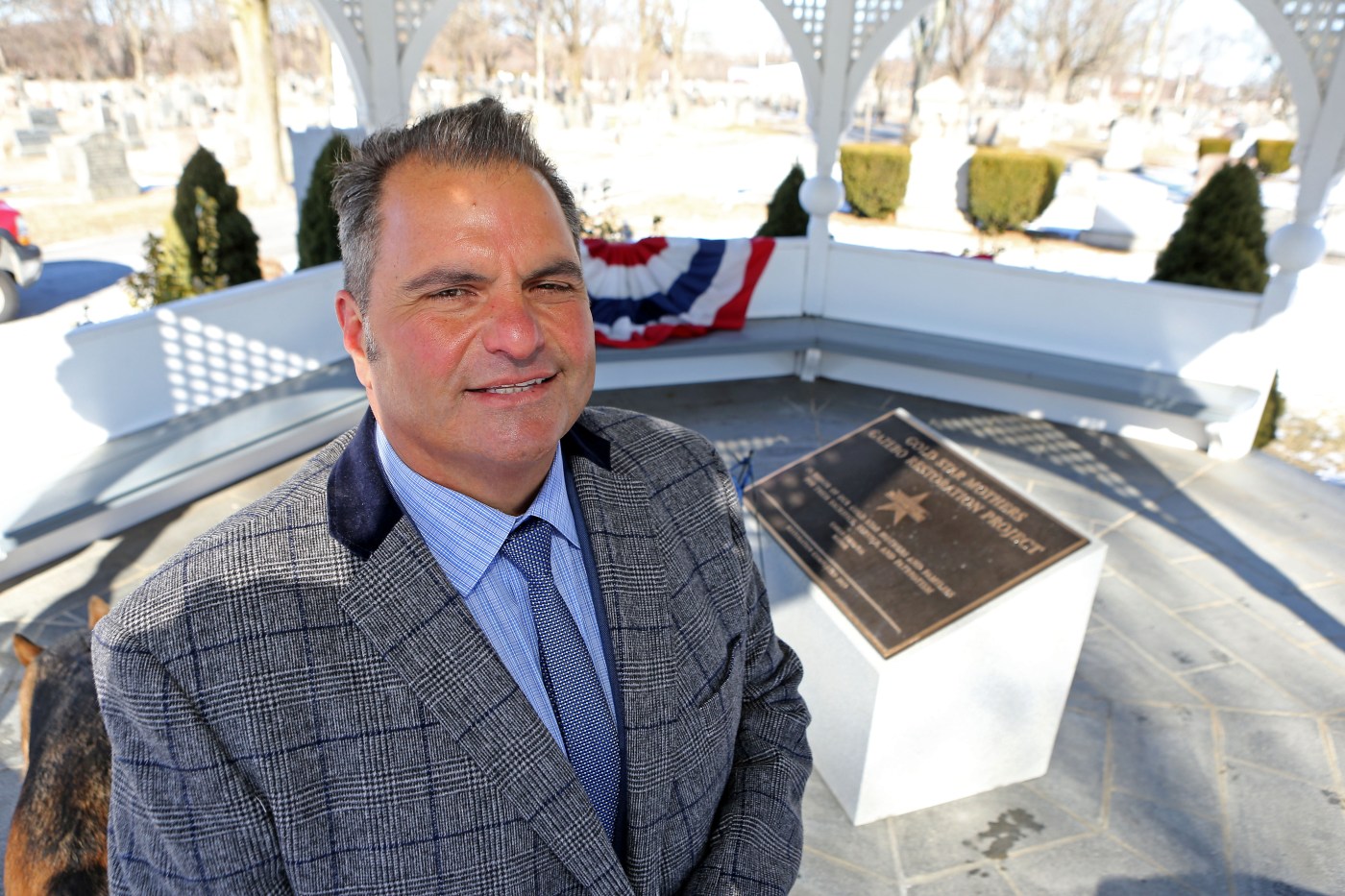
Investigators say Everett mayor pocketed $180K in illegitimate bonuses
The Massachusetts Inspector General’s office is accusing Everett Mayor Carlo DeMaria of receiving $180,000 in illegitimate “longevity payments” since 2016 and is calling for a municipal audit and for the money to be returned.
“Through their misapplication of the longevity ordinance and their efforts to conceal all but the first payment, the mayor and members of his administration, including his CFO and budget director, failed to uphold their fiduciary duties and their obligation to the people of Everett,” IG Jeffrey Shapiro said in the announcement. “It is imperative that the City Council act to recover these funds from the mayor and return them to the city’s treasury.”
The IG’s office began its investigation in February 2022 after receiving a hotline tip about DeMaria receiving a total of $220,000 in “longevity payments” from the city between September 2016 and April 2021. The investigation found that $180,000 of those payments was from an improper reading of the ordinance and that DeMaria was entitled to only $40,000.
All but the first payment was hidden under a human resources line item for unused sick and vacation time upon employee departure, according to the OIG. The letter to Everett City Council President Stephanie Martins also says that DeMaria possibly made ethical violations in the “longevity” ordinance’s drafting.
This unusual “longevity ordinance” was allegedly proposed to the council by DeMaria after he found out that other city employees made more money than him. The ordinance was then sponsored by the council president at the time in July 2016.
The ordinance states that the city’s mayor would receive $10,000 for each completed term as mayor and $10,000 for each completed term before the ordinance was in effect. The ordinance passed in an 8–1 vote on Oct. 11, 2016.
Since DeMaria was in his fourth term as mayor, he was entitled to $30,000 under the new ordinance for his previous three terms. DeMaria was issued a check for that amount, less withholdings, nearly two weeks before the ordinance passed.
And then even more payments came: $30,000 in January 2017, and then yearly payments of $40,000 in 2017, 2019, 2021 and 2021, which was during his fourth term. This meant the payments were being made for terms served both cumulatively and annually.
In response to the IG’s request of how the payment was calculated, the city says it gave him $40,000 a year because it was $10,000 per term. The OIG’s investigation revealed that this was not how the majority of councilors understood the ordinance.
“Statements made to the OIG by councilors who voted on the 2016 longevity ordinance and statements made by some councilors at subsequent public meetings demonstrate that eight out of the eleven sitting council members in 2016 considered that the ordinance’s intent was to provide Mayor DeMaria with a payment of $10,000 at the conclusion of each term,” the OIG’s letter states.
IG Shapirio recommends that the city eliminate longevity payments, provide information to the State Ethics Commission on such payments, have members of the city council and mayor’s administration take training on their fiduciary obligations and “strengthen controls in the city’s finance department.”
“Longevity payments are a tool to reward and retain highly sought after, skilled municipal employees,” Shapiro wrote. “Standing for election is a proactive affirmative decision by an individual and thus does not require a retention bonus. A mayor’s total compensation should be determined by a city council in full view of a city’s voters.”
This is a developing story.


